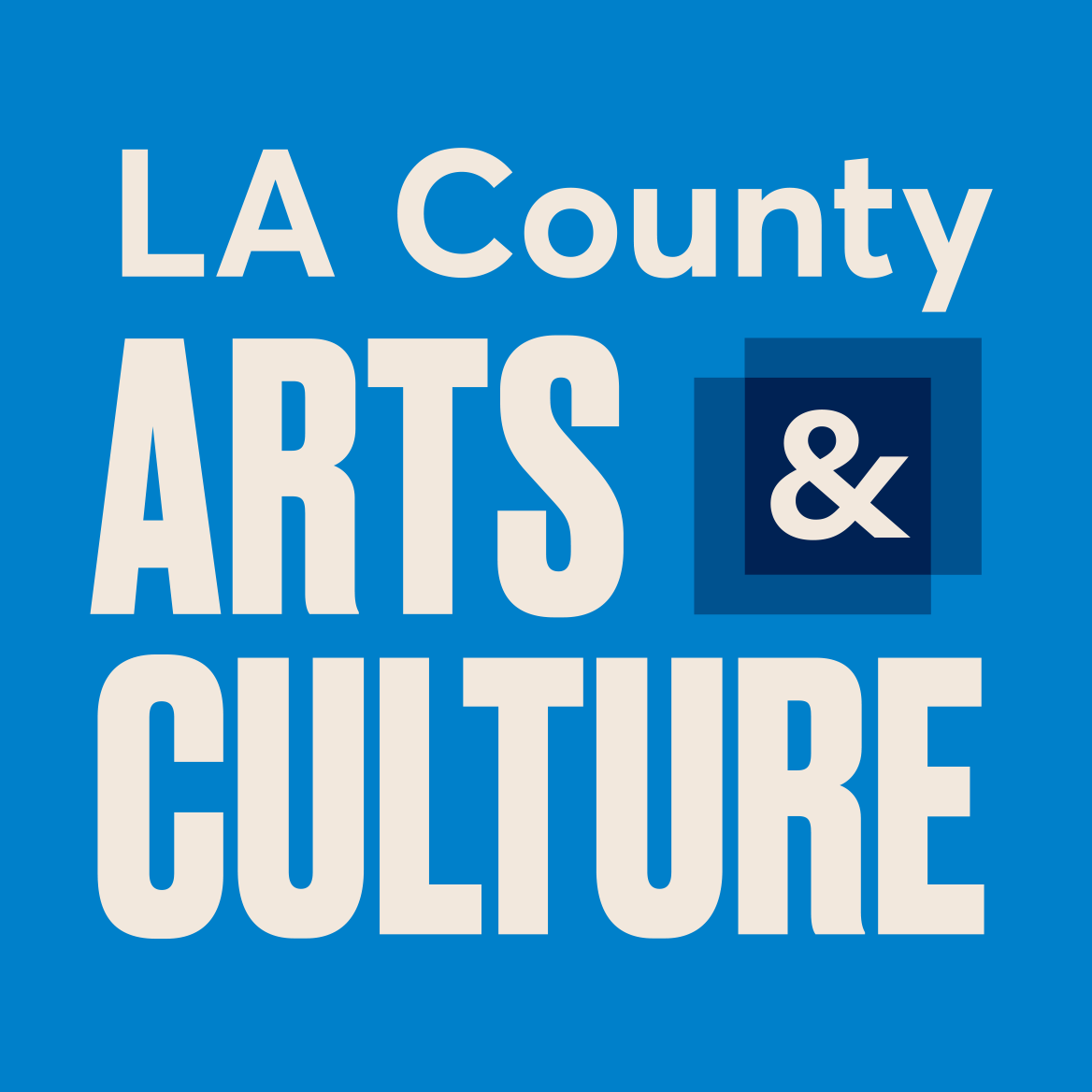Photo courtesy of Creative World Art Center.
| Process | Dates |
|---|---|
| Application opens | August 27, 2024 |
| Workshops* Offered |
Application Workshops |
| Application Deadline | October 1, 2024 | 11:59PM (PDT) |
| Staff Review | October 2024 |
| Peer Panel Review | February – March, 2025 |
| Commission Review | April – June 2025 |
| Board of Supervisors Approval | July 2025 |
| Notifications Sent via Email | July 2025 |
| Grant Period | July 1, 2025 – June 30, 2027 |
*New applicants and applicants that did not receive funding the last time they applied to the Organizational Grant Program are required to attend or review an OGP workshop or webinar. No exceptions will be made.
Project Categories
OGP 1, 2, and 3 applicant organizations may request support for any one of the project categories below. OGP 4 applicant organizations must request funds for accessibility projects. Full project category descriptions and examples of projects by project category are provided below.
Project Category Description
- Sustainability: Provides support for existing artistic and/or administrative projects that help to sustain the mission and goals of arts organizations.
- Organizational Capacity: Provides support for new projects that increase the organizational capacity and infrastructure of arts organizations.
- Artistic Capacity: Provides support for new projects that increase the artistic capacity of arts organizations.
- Accessibility: Provides support for new or existing projects that provide public access to arts activities and programs.
Sustainability requests support existing artistic and/or administrative projects that help to sustain the mission and goals of arts organizations. Competitive applicants clearly define the organization’s mission and goals and articulate how the requested project will help to sustain them.
Sustainability Category Project Examples:
- Continued compensation and benefits for administrative or artistic staff.
- Support for ongoing costs of production, supplies, equipment, or rent.
- Continuing support for marketing, governance, fund development, or cultural equity and inclusion activities.
- Continuation of artistic programming, including payments for artists or production staff.
- Support for continuing information technology needs, such as computer upgrades, software, and website improvements.
Organizational Capacity projects request support for new projects that increase the organizational capacity and infrastructure of arts organizations. Competitive applicants have assessed the challenges facing their organization and determined a sustainable plan of action to address one or more of these challenges. Competitive projects will directly relate to increased organizational capacity.
Organizational Capacity Project Examples:
- Establishment of new administrative staff positions.
- Significant information technology improvements, such as implementation of accounting, box office, or fund development software.
- Development and implementation of new plans or strategies, such as marketing and public relations strategies, cultural equity and inclusion, research, strategic planning, or board development activities.
- New development activities, such as the creation of an individual giving program.
- Development of new earned income strategies, including the development of revenue through concessions or rental activities.
Artistic Capacity projects request support for new projects that increase the artistic capacity of arts organizations. Competitive applicants have assessed the artistic needs of their organization and determined a sustainable plan of action for achieving the organization’s aesthetic aspirations.
Artistic Capacity Project Examples:
- Additional salaries, benefits, or fees for artistic positions.
- Commissioning new work(s).
- Increased rehearsal time for performing artists.
- Exhibition costs.
- New or additional artistic training opportunities for teaching artists.
- New or increased employment for one or more positions that impacts the artistic product, i.e. technical director, lighting or costume designer.
Accessibility requests support existing or new projects that provide public access to arts activities and programs. This category enables organizations to make productions, exhibitions, workshops, performances, residencies or other arts activities easily accessible to the public.
Accessibility Project Examples:
- Audience development targeted for a specific segment of the population, including those that represent communities of color, low-income communities, LGBTQ, disabled communities, and other communities experiencing barriers to participation in the arts.
- Cultural equity and inclsion and/or other activities that broaden, deepen, or diversify arts participation.
- Arts education activities and programs for youth aged 5-18, including in-school, after school, or summer programs. Please Note: Arts education projects will be reviewed by an arts education panel.

